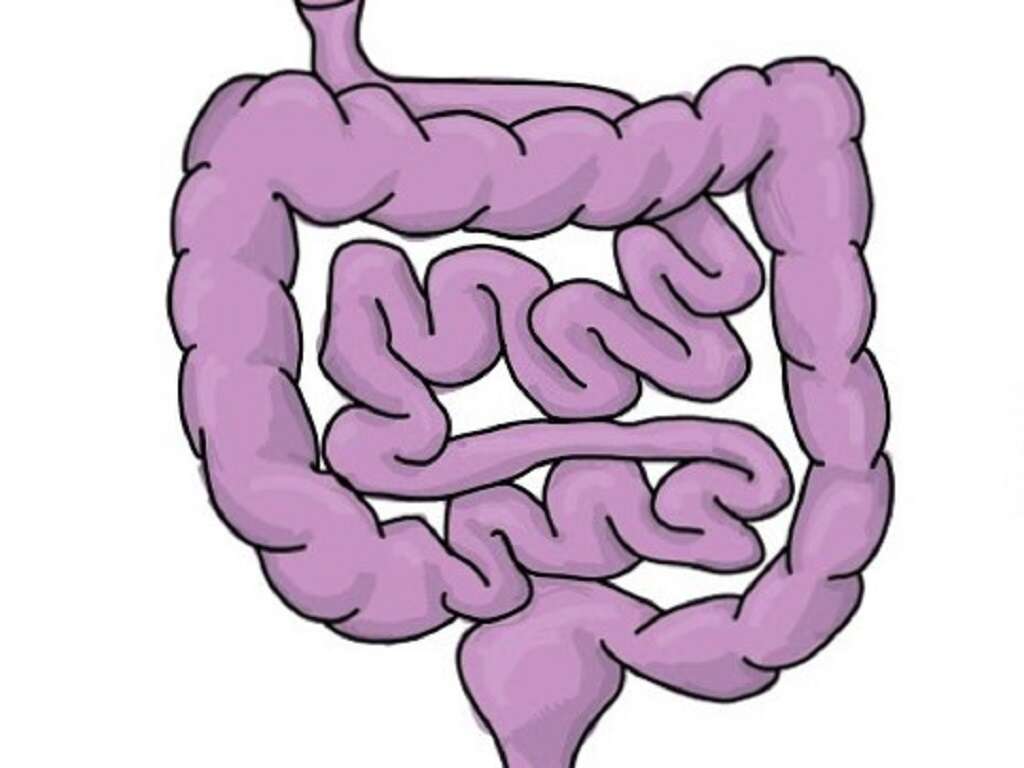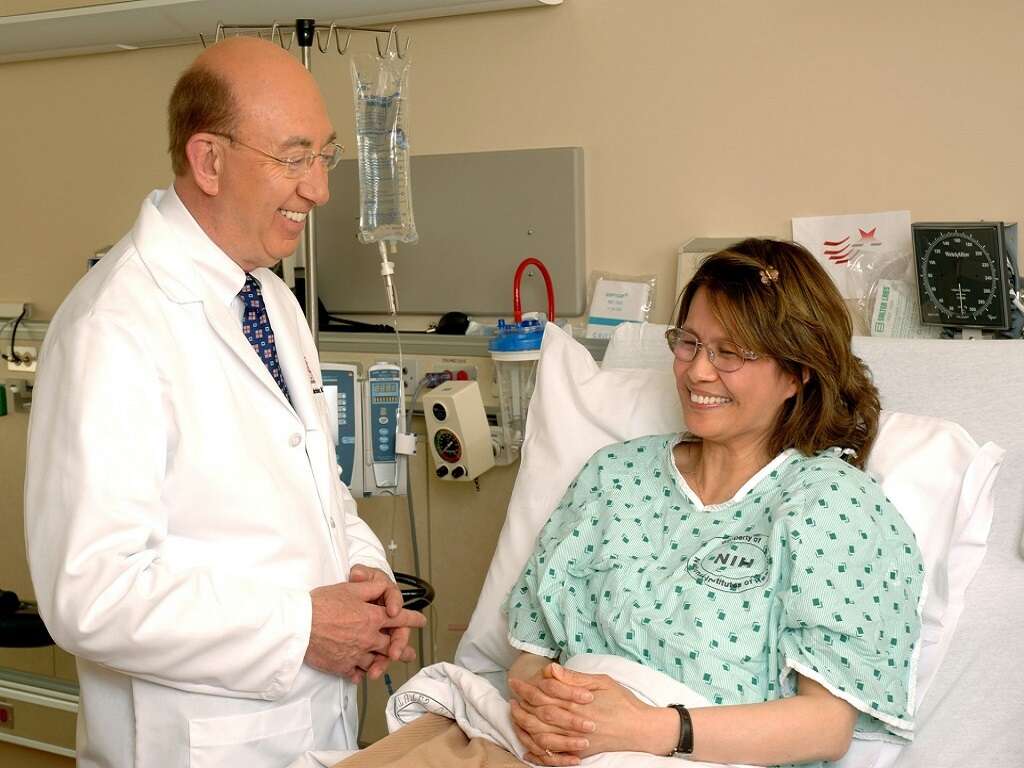10 Causes of a Bloated Stomach
A bloated stomach or abdominal bloating is a very common occurrence among individuals regardless of age, race, or gender. It can be associated with functional gastrointestinal disorders, appear by itself, or as a symptom of other organic disorders. The person affected by a bloated stomach usually complains of a full and tight abdomen.
In some rare cases, the bloating can become so severe that it stretches the abdomen causing pain and shortness of breath. The pain that is associated with a bloated stomach is usually sharp and generally changes location quickly. Some pains can be so intense and severe that it may be mistaken for a heart-related issue especially if the pain radiates to the upper-left side of the chest.
Pain that is felt on the right side of the abdomen can be mistaken for appendix or gallbladder-related issues. Abdominal bloating can typically be managed by treatment of the underlying cause of stomach bloating. Recurrent episodes can be potentially prevented through the use of medications and lifestyle modifications.

Cause #1: Gas
The gastrointestinal tract has two sources of gas where the first is from bacteria inhabiting the intestines while the second is through swallowed air during consumption of food and beverages. During episodes of rapid eating and drinking, the stomach can easily become distended if air is swallowed.
The natural response of the body is to remove these gases by passing gas or burping. Burping refers to the removal of gas through the mouth while passing gas or farting is the dispelling of air through the anus.

Cause #2: Fiber
Many cases of abdominal bloating can be attributed to an improper diet. The digestion of fiber by bacteria in the colon produces gas. With inadequate and irregular consumption of fiber and fluids, it can result in constipation and bloating. Fiber can be naturally and commonly found in various fruits, vegetables, and grains such as wheat and oat bran.
Fiber in plants cannot be easily digested by the human gastrointestinal tract. Fiber can be divided into soluble and insoluble fiber. Soluble fiber is easily fermented while insoluble fiber helps to absorb water while it moves through the digestive system.

Cause #3: Lactose Intolerance
Lactose intolerance is a disorder where the affected person is unable (or has a lower ability) to digest lactose that can often be found in various dairy products. This occurs as there is lack of the enzyme lactase. When lactose intolerant individuals consume these products, it can result in abdominal pain, bloating, diarrhea, nausea, and gas.
The symptoms usually begin approximately 30 minutes to 2 hours after the consumption of milk-based products. However, the severity of these symptoms depends on the amount of lactose consumed. Approximately 65 percent of the global population are affected with varying rates in different regions (highest in parts of Asia and Africa).

Cause #4: Constipation
Constipation is one of the commonest causes of a bloated stomach. Constipation refers to the difficulty of bowel movement such as when there are infrequent bowel movements, needing to strain when passing motion, hard stools, and more. It can be managed through the improvement of lifestyle changes such as increasing exercise, fiber intake, and fluids.
The other associated symptoms of constipation include pain in the rectum, abdominal pain, and blood in the stool. When it involves unexplained weight loss and appetite loss, patients should seek professional medical opinion to rule out serious conditions such as colorectal cancer.

Cause #5: Reflux and Heartburn
Heartburn is the burning or painful sensation that is often felt in the chest due to reflux. The sensation is often described as a burning or dull ache felt in the central chest or behind the sternum. Reflux occurs when there is backflow of acid from the stomach into the esophagus. This may happen when the gastroesophageal sphincter relaxes due to many possible reasons.
Triggers of heartburn are certain foods, stress, medication, and obesity. The discomfort felt in a reflux can radiate to the angle of the jaw, throat, or neck, and is often mistaken as a heart-related condition. Patients with heartburn can experience burping and abdominal bloating.

Cause #6: Celiac Disease
Celiac disease is an autoimmune condition that affects the individual throughout their life. It is a disorder that involves the small intestines and causes symptoms such as chronic diarrhea, abdominal bloating, loss of appetite, failure to thrive, and malabsorption.
Celiac disease results in an abnormal reaction to gluten found in grains such as rye, wheat, and barley. Gluten results in an abnormal immune response where the release of autoantibodies can affect various organs.

Cause #7: Dumping Syndrome
Dumping syndrome or rapid gastric emptying is a condition that occurs when the food moves too fast from the stomach to the duodenum. It is a condition often seen among patients who have gone through esophageal or gastric surgery. Other causes of dumping syndrome are diabetes, side effects of medications, and dysfunctional pyloric sphincter.
Symptoms are abdominal bloating, pain, diarrhea, nausea, vomiting, cramps, dizziness, and more. The treatment for dumping syndrome usually involves improvement of nutrition, dietary habits, surgery, and medications.

Cause #8: Premenstrual Syndrome
Premenstrual syndrome refers to the physical and emotional symptoms experienced by women about 1 to 2 weeks before menstruation begins. The symptoms and severity vary and gradually resolves once menstruation begins. Symptoms include abdominal bloating, acne, tender breasts, irritability, mood changes, tiredness, and so on.
These symptoms are not present during pregnancy or menopause. About 80 percent of women experience these symptoms. Observation shows that symptoms may worsen when there is a high salt diet, alcohol, and caffeine. It is believed to occur due to the changes in levels of hormones.

Cause #9: Irritable Bowel Syndrome
Irritable bowel syndrome is a common disorder where symptoms include abdominal bloating, pain, and irregular bowel movements. These symptoms can persist for a long time, often for many years. This condition often negatively affects the quality of life of patients and usually results in absences from work and school.
It is classified as a functional gastrointestinal disorder. The treatment of irritable bowel syndrome may include dietary changes, counseling, probiotics, and medication.

Cause #10: Overeating
An individual is considered to have overeaten if he or she consumes more food compared to the expected energy that will be expended. This results in weight gain and can cause other symptoms such as abdominal bloating. It can be thought of as an eating disorder as compulsive eaters are people who comfort eat.
They use food to comfort themselves especially when they feel stressed, helpless, or depressed. These individuals are recommended to go to group therapy, individual therapy, or cognitive behavioral therapy. Overeating also often results in body image issues.












